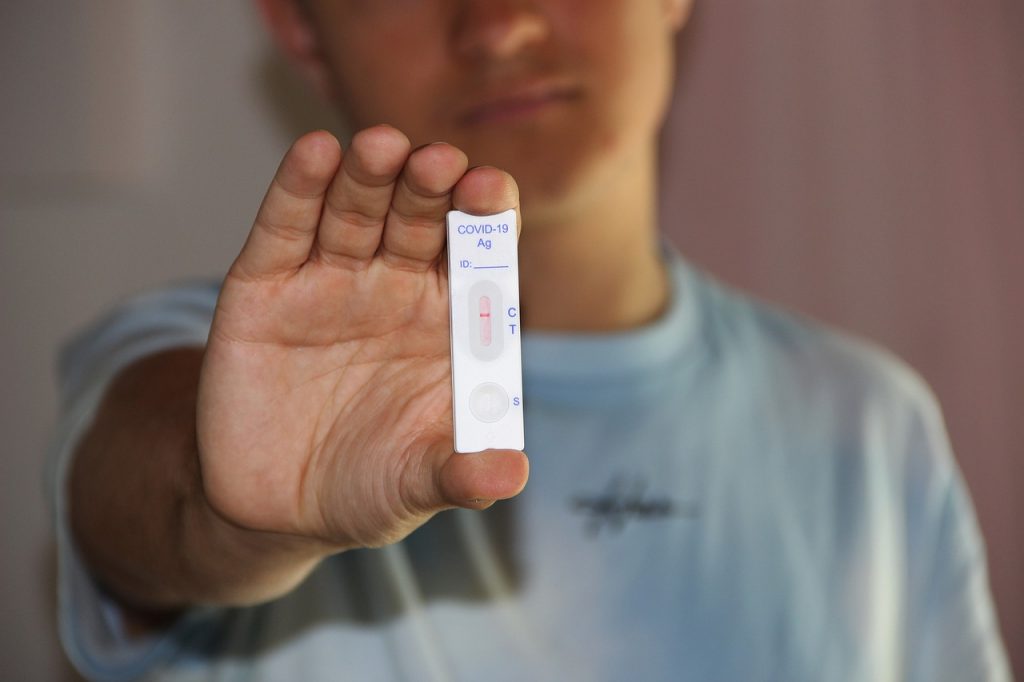Last updated 10 March 2022
As we face the unprecedented spike in numbers of people becoming infected with both the Delta, and the new, highly contagious, Omicron variants of the virus, we know that one of the key tools we have to combat this — the most serious health emergency in a century — is the continued roll out of vaccines that provide some immunity from the more serious health risks. For too many, Covid-19 results in time spent on intensive care on a ventilator, with tragic numbers dying each day.
With over 6 million people completely unvaccinated, (including one in four Londoners) the urgency to receive an initial vaccination for those people remains crucial. By the time an unvaccinated person is on life support, it is too late, so encouraging all those who are unvaccinated to get those first two jabs remains crucial. The vaccine is effective, and saves lives and livelihoods.
There are many who have such serious reservations about the vaccines that they will refuse to take one when offered and that is a cause of grave concern for the Government and for the churches. Churches Together in England is therefore supporting the vaccination programme and efforts to provide answers to the questions that many have (see a range of resource links below).
If people have questions, they should ask a medical professional, or their faith leader. “Vaccines travel at the speed of trust”. Director, Health Inequalities at NHS England and NHS Improvement, Dr Bola Owalabi, and the Government Minister for faiths, Kemi Badenoch MP, urge the uncertain to seek qualified advice from those they can trust.
Church leaders will want to support this programme as we face once again a public health crisis. They can encourage people to volunteer in assisting at vaccination centres, and if their premises have been used already as a pop-up vaccination centre, consider whether to make that available once again. Above all, encourage the hesitant to be vaccinated, either for the first time, or with the booster that gives 75% protection from serious illness arising from infection with Covid-19. The particularly vulnerable, including the immuno-suppressed, will be able to book a fourth jab to give additional strength to the body’s ability to fight the virus.
Resources:
Churches Together in England is also working with the Government and people of all faiths and none, as we face this common challenge to our humanity. As we face this worldwide health emergency, now is the time to see how we can ‘love our neighbour as ourselves’, and as we do so, love God with all our heart, soul, mind and body.
Here are some vaccine-related initiatives, linked to our national Member Churches:
- ‘Diocese of Southwark leading black clergy urge UK Minority Ethnic community to take vaccine’ – a short video from Bishop Karowei Dorgu, Bishop of Woolwich and formerly a medical doctor, and Dr Rosemarie Mallett, Archdeacon of Croydon.
- Watch a webinar on the Covid-19 vaccine: organised by The Church of God of Prophecy, on Sunday 31 January 2021. The webinar featured a range of lecturers, medical professionals and Christian leaders, including Shermara Fletcher (who joined the CTE team as our Principal Officer for Pentecostal, Charismatic and Multi-cultural Relations in March 2021).
- Redeemed Christian Church of God in conversation about the COVID vaccine on Wednesday 3 February. Chaired by the then CTE Pentecostal President, Pastor Agu Irukwu, questions were answered by health professionals, giving people the information they need to make an informed decision.
- The Apostolic Pastoral Congress on Zoom for a conversation on Covid-19, vaccine and myths (from 20 February 2021.)
- A range of video resources can be found on the Elim Church web resource area on vaccinations
- Listen to a Methodist Church podcast: “Trust in God and trust in the scientists”
Your Neighbour launched #GiveHope to support churches talk to their communities about the vaccine programme (February 2021)
Regular Covid-19 testing

Alongside the continuing vaccination programme, regular testing is an essential part of helping identify variants and stopping individual cases from becoming outbreaks.
Around one in three people with COVID-19 do not experience any symptoms and may be spreading the virus unwittingly. Rapid testing detects cases quickly, meaning positive cases can isolate immediately, and by making rapid tests available to everyone, more cases will be detected, breaking chains of transmission and saving lives.
The government website has the latest information on who should test and when and on how to arrange both free PCR and rapid lateral flow tests (LFDs).
Government documents:
Two documents produced by the Ministry of Housing, Communities and Local Government can be found here, ready to download and use:
- COVID-19 Stakeholder and Influencer Toolkit – Overview
- Top Lines and QA for stakeholders – COVID-19 vaccine
From the Department of Culture, Media and Sport (DCMS): Toolkit to help tackle spread of false vaccine information on social media
Note from Lord Greenhalgh outlining the process for undocumented people to access the vaccine